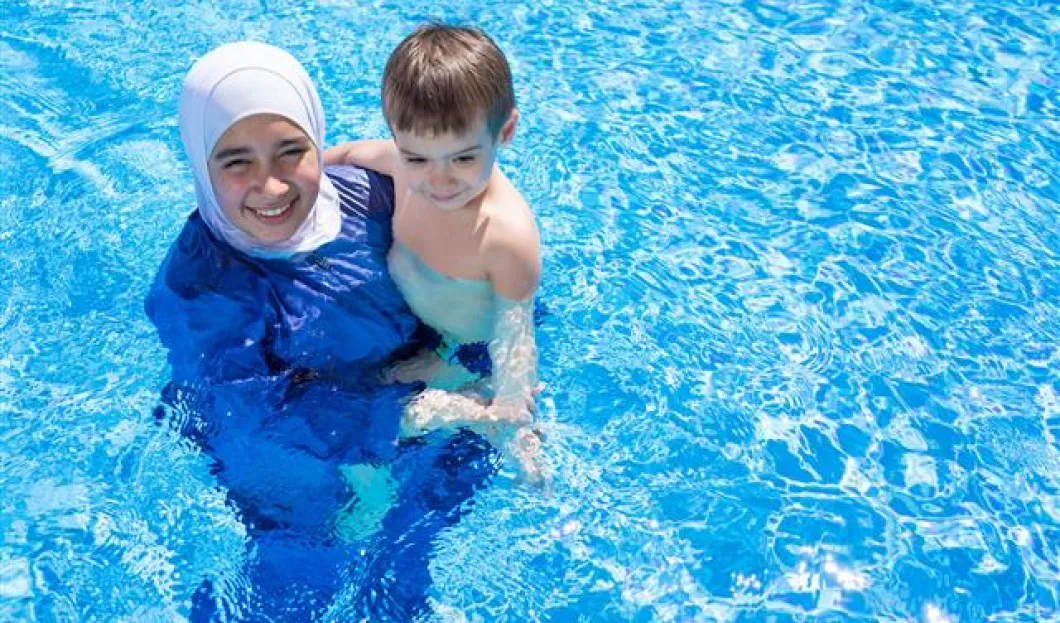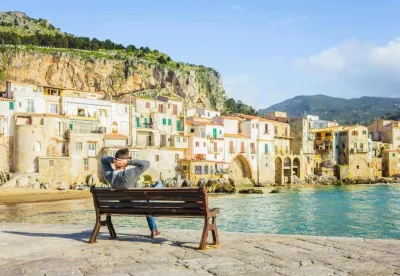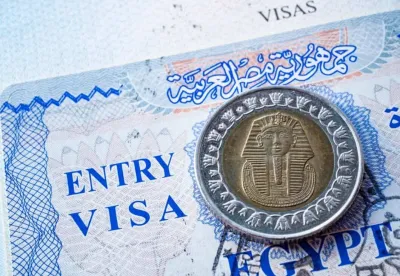
The fasting month of Ramadan that has just started is sacred to Muslims. From daybreak until sunset they refrain from any food and drinks. Travelers planning holidays in Islamic countries should thus get acquainted with the Ramadan rules.
Tourists heading to Egypt, Tunisia, Morocco and other prevailingly Islamic destinations should get ready for slightly different atmosphere between June 6 and July 4, during Ramadan.
Islamic scholar, Sarah Albrecht, from the Berlin University said: “Outside of the hotels most stalls and restaurants are not open.” However, in the resorts, the situation is quite different – the holidaymakers have all the food and drinks available all throughout the day.
“There are no restrictions for the hotel guests during the fasting month,” said Sven Schikarsky, from the tour operator FTI.
However, what are the Ramadan rules for tourists? How should the visitors behave when outside the hotels and resorts?
“Some Muslims do not mind when tourists drink or eat during the day,” said Albrecht. "Others would perceive it as disturbing." Thus, some level of respect and tact is needed: "The traveler should consider whether it is appropriate to take out his or her water bottle, for example, in a group of fasting people."
Despite the popular belief, Ramadan does not make the destinations dreary. As soon as the ending signal of the fast can be heard, the life comes to the streets.
"In many Muslim-majority countries there is quite an active life on the road in the evening during Ramadan," said Albrecht. Sven Schikarsky confirmed that after sunset, there are many parties and celebrations. “I like comparing Ramadan to the advent season in Europe. The streets are full of people and joy."















As of the fact, that islam is a religious founded rule-set to control the masses in a state and not a democratic based set of rules it is obvious, that the interpretation of the religious founded rules are to be looked upon as individuals opinion on how the religious books are read and laid out. Islam gives the power to control a population into the hands of a number of "interpreters" and make these interpretations the state law. All based on not updated books more then 1000 years old.
There are various different interpretations, from mildly interpretated to radical extreme.
Thereby we can look at islam as a state controlling religion.
Demanding that non-muslims should respect those rules is quite in order, but it invertedly at the same time must demand respect for muslims going to a non-islam country, where the rules are set by democratis elections and reflects the populations opinions on how to live in that country.
Bringing that to attention it would be likewise in order to expect that muslims respect democratic state laws in a way that the population in the democratic ruled country will not be offended or feel uncomfortable.
In democratic countries the sitting parliament makes the rules and laws and there is a destinct separation between religion and democratic law. In democratic countries religion (in the sense of belief) based rules and democratic state laws are 2 seperate things. In a democratic country it is common and accepted that a person can believe in God or whatever the person chose to believe in, and on the other hand same time live in compliance with the democratic state laws defined by the parliament. There is a destinct separation between belief and state laws.
Religion has nothing to do with the populations behaviour in the country whereas in islamic countries religion is the semi-political power if not the only power.
The advice for muslims going to a non-islamic country should worldwide be, that muslims should respect the democratic laws of the country they go to and only use their islamic based rule-set inside a private sphere. Compared to non-muslims going to a islamic country during their ramadan should hide drinking water in front of muslims during the day.
Sadly islam and muslim issues have become a huge debate area and filling the public debate in a totally out of proportion way as muslims only represent a small minority in the democratic countries.
The devise should instead be, that if you - nomatter if you are a muslim or not - always either follow and accept the way ppl live in the country you go to... or stay away !
People raised in democratic countries do not have a problem living up to that. On the other hand people raised in muslim countries obviously think they absolutely have to oppose upon other their religion - that is actually the exact opposite of showing respect to the country they visit or go to.
So please, spare us for advice on how we should behave visiting a muslim country - we have no problem adapting to or respecting different cultural or religious ways people live after in the countries we visit. Aim your message to muslims visiting democratic countries instead - thank you.